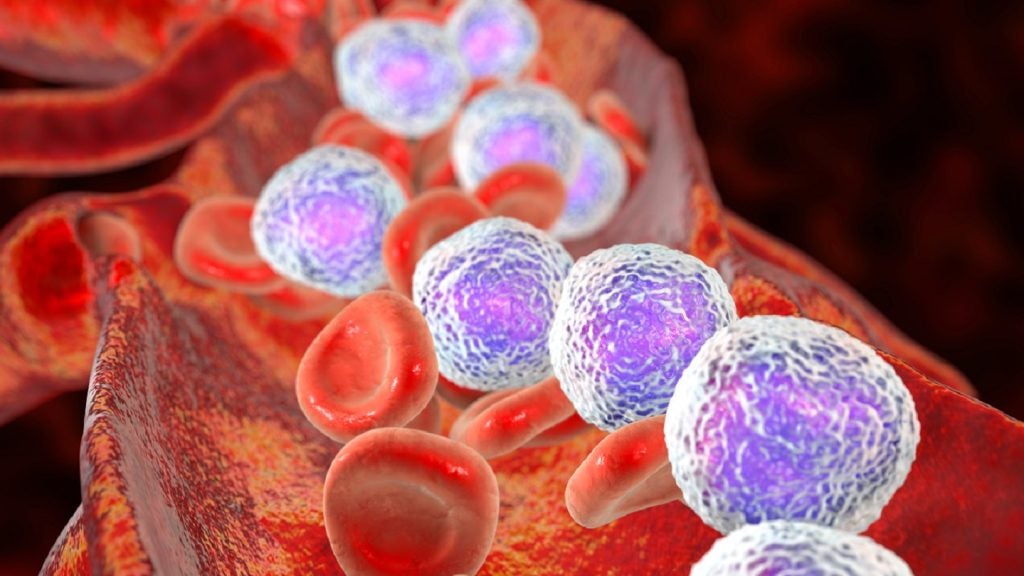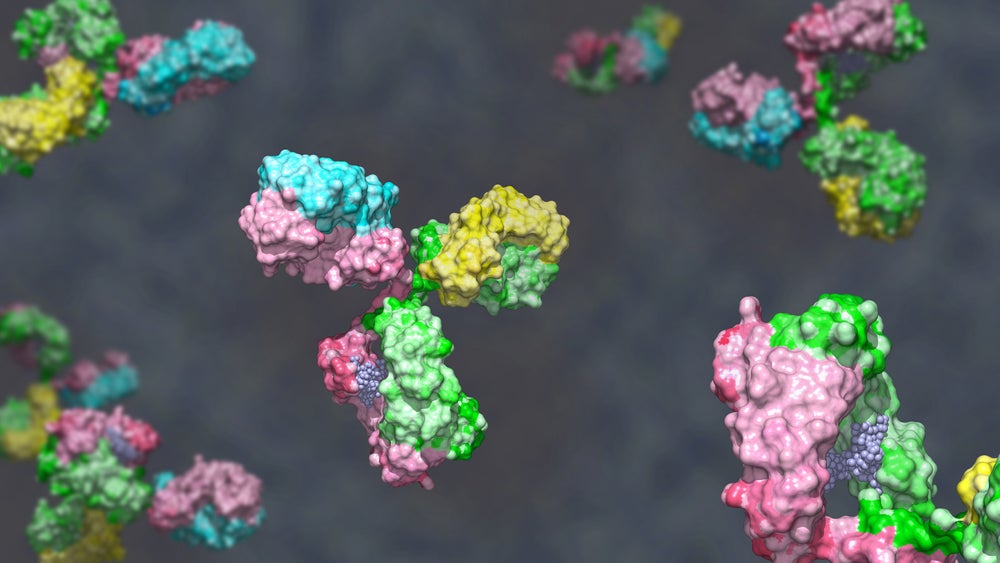The Center for Drug Evaluation (CDE) of China's National Medical Products Administration (NMPA) has approved Astellas’ PADCEV (enfortumab vedotin), a new antibody-drug conjugate (ADC) to treat locally advanced or metastatic urothelial cancer.
The ADC is intended for adult patients with locally advanced or metastatic urothelial cancer after previous treatment with platinum-containing chemotherapy and PD-1/PD-L1 inhibitors.
PADCEV targets Nectin-4, a protein highly expressed in bladder cancer. Its mechanism involves binding to cancer cells, internalising and then releasing a cytotoxic agent, leading to cell death.
The latest approval is based on the results from the global EV-301 trial and the China-specific EV-203 trial, which served as a bridging study.
EV-203 is a single-arm, open-label, multicentre Phase II trial of enfortumab vedotin in patients with la/mUC who previously received a PD-1/PD-L1 inhibitor and platinum-based chemotherapy.
The EV-203 trial demonstrated a statistically significant objective response rate of 37.5% in patients treated with PADCEV, with the majority of adverse events being low-grade.
The global EV-301 multicentre, open-label, randomised Phase II trial further supported these findings, showing improved overall survival and progression-free survival for patients treated with PADCEV compared to chemotherapy.
As part of the EV-301 trial, PADCEV was compared to the physician's choice of chemotherapy in 608 patients with advanced urothelial cancer.
The results indicated a median overall survival advantage for the PADCEV group and a similar incidence of treatment-related adverse events between the two groups.
Astellas oncology development head and senior vice-president Ahsan Arozullah stated: “We remain committed to driving scientific progress that leads to meaningful changes in the course of cancer across the globe.
“The approval of enfortumab vedotin by the CDE provides patients in China with another treatment option for locally advanced or metastatic urothelial cancer, providing hope of better outcomes for those affected by this condition.”
In July 2024, Astellas Pharma subsidiaries the Astellas Institute for Regenerative Medicine and Universal Cells signed a research partnership with the Graduate School of Medicine/Faculty of Medicine at Osaka University in Japan for the development of pluripotent stem cell-derived cartilage organoid cell therapy.















